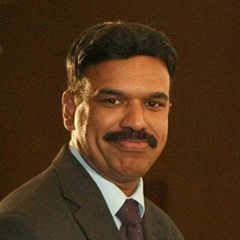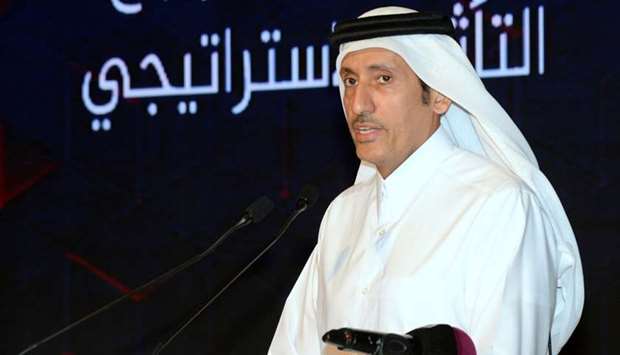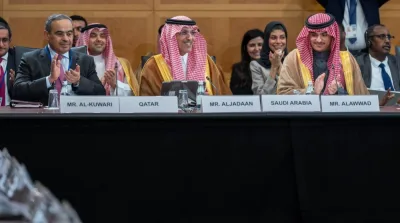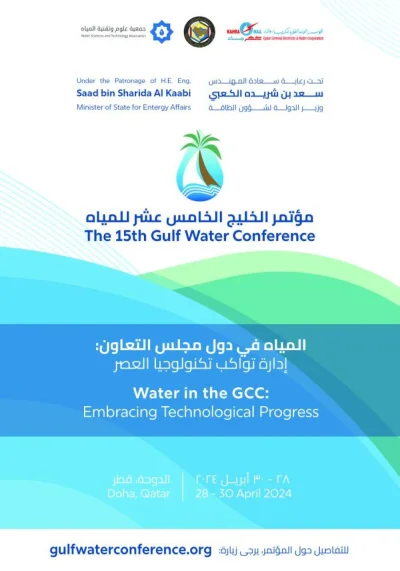*Erosion of trust leading to severe consequences: Al Jazeera Forum
The Gulf crisis has posed a security threat to the region and affected the people of the region negatively, noted the Chairman of the Board of Al Jazeera Media Network on Saturday.
Sheikh Hamad bin Thamer al-Thani was speaking at the opening session of the Al Jazeera Forum that is being held at Sheraton Doha. The two-day forum held under the theme ‘Gulf: From Crisis to Decline of Strategic Influence’, is attended by several researchers, political experts as well as members from major think tanks in the region and beyond.
“Before the crisis, we were planning for one currency, one passport for all the GCC countries. But everything has been changed. The erosion of trust and confidence is very much manifest among the people and the countries, resulting in several social issues. It is also posing a security threat to the region,” said Sheikh Hamad.
“Socially, many people have been affected. Especially there are several Qatari people who have been separated from their families in these GCC countries. The erosion of confidence among the people of GCC countries has affected them negatively. This is an unprecedented crisis which is threatening the whole region,” Sheikh Hamad explained.
He, however, expressed hope that the people of the region would overcome the crisis and go back to the old ways.
The President of High Council of Libya Khaled al-Meshri, who delivered the keynote address, noted that the GCC was expected to be the most stable region but things have changed now.
“This crisis is the most difficult one and a very dangerous one. Now, GCC has become unable to face the external challenges. The crisis also has its impacts on the Arab Spring countries,” said al-Meshri.
Mehmet Mehdi Eker, former Turkish minister, speaking at the event highlighted how Turkey stood with Qatar from day one of the blockade.
“Turkey opposed the unjust blockade on Qatar. We mediated and supported the Kuwaiti initiative. We always stood for unconditional dialogue among the countries involved in the dispute. Unilateral policies must be avoided and inclusive policies should be followed to solve the problem,” noted Eker.
The opening session was followed by a panel discussion on the topic “Intra-Gulf Relations: The Blockade of Qatar, Two Years Later”. The session focused on the changes that have taken place almost two years after the blockade and how it has affected the region. Participants highlighted that much has changed in intra-Gulf relations, and in the Gulf’s regional and international relations. In the face of the Saudi-Emirati bilateral alliance and coordination on several foreign policy issues, other Gulf countries are growing more distant, forging unilateral ties to other states, and looking to regional and international alliances outside the Gulf system, all of which has had an adverse impact on intra-Gulf relations, they opined.
The participants at the panel discussion were: Majed al-Ansari, Professor of Political Sociology, Qatar University; Mohamed El-Moctar El-Shinqiti, Professor of Political Ethics, Hamad Bin Khalifa University; Sami al-Faraj, Adviser to Kuwaiti government and Rory Miller, Professor of Political Science, Georgetown University-Qatar. The session was moderated by Osman Ayfarah, a journalist.




